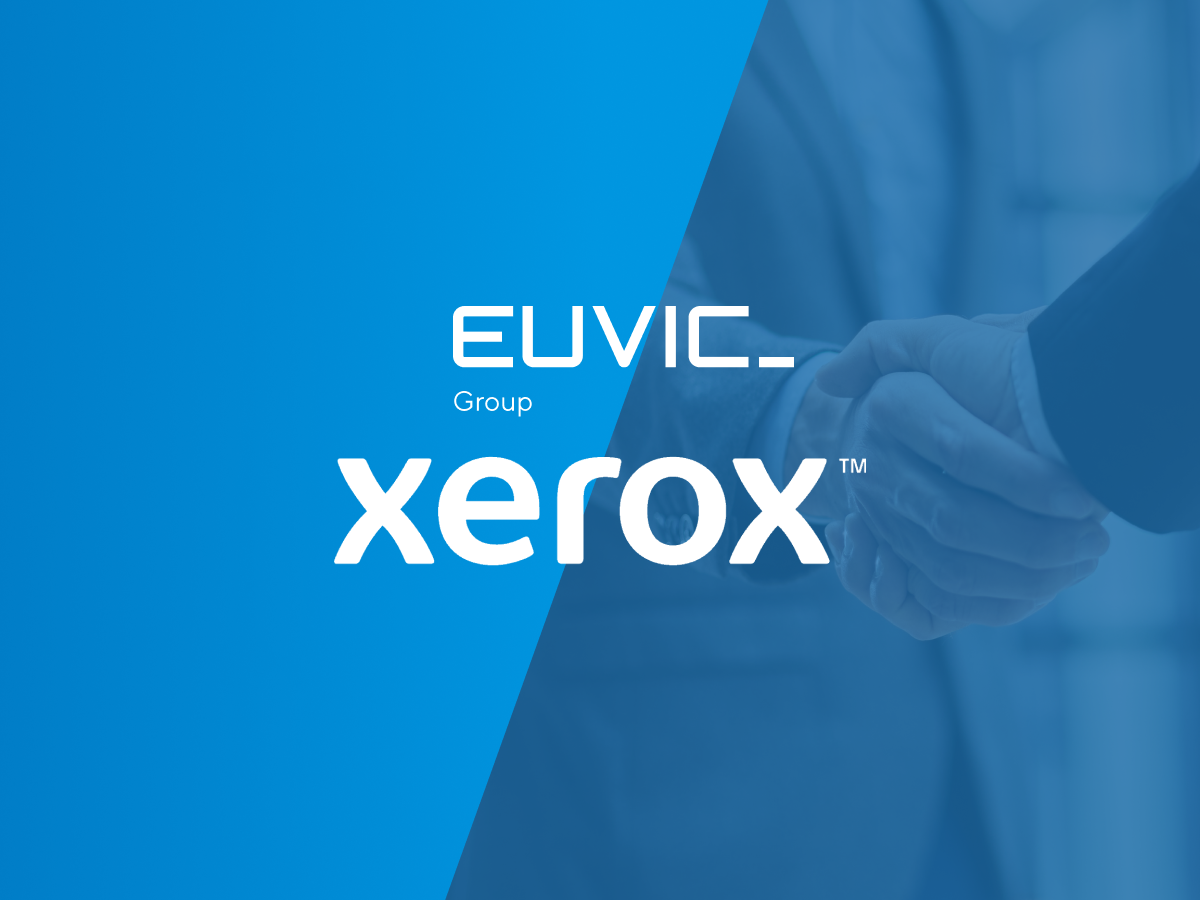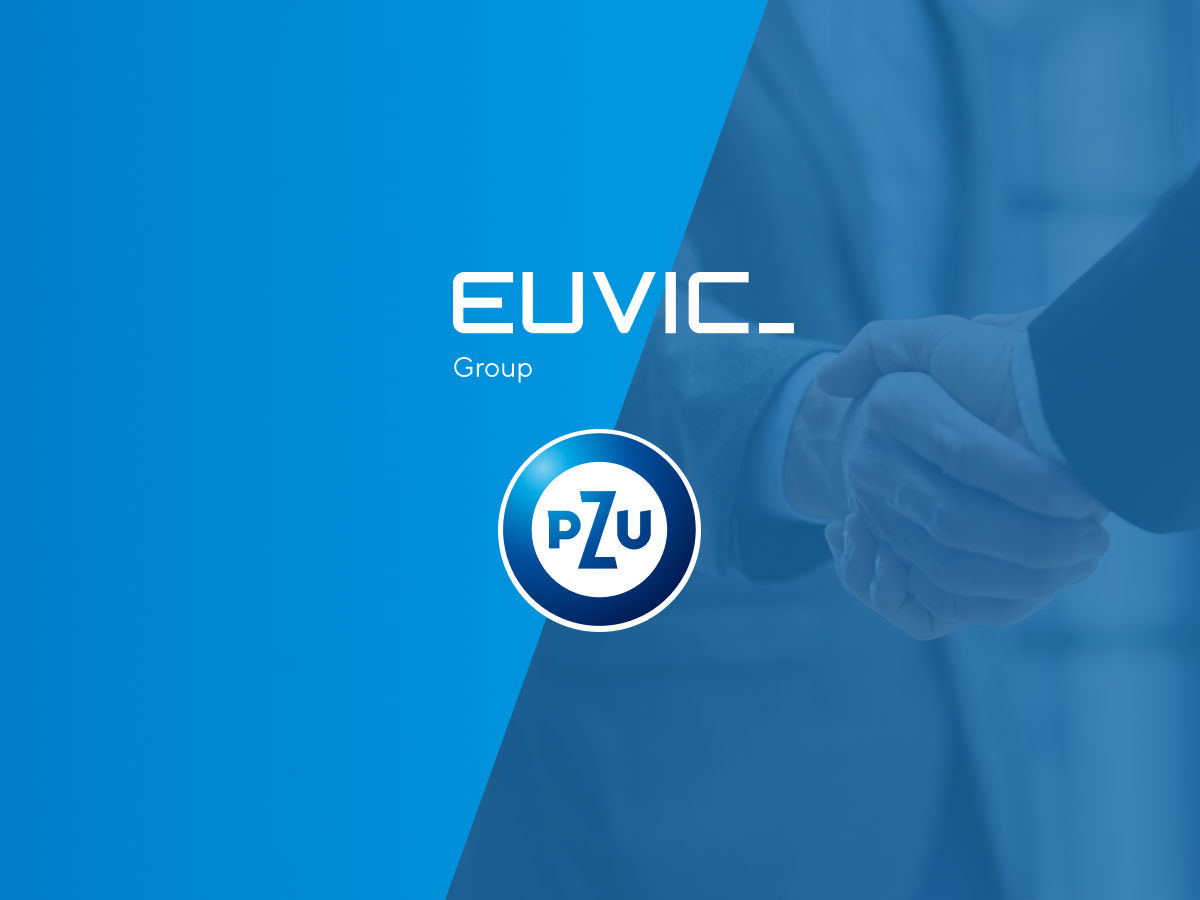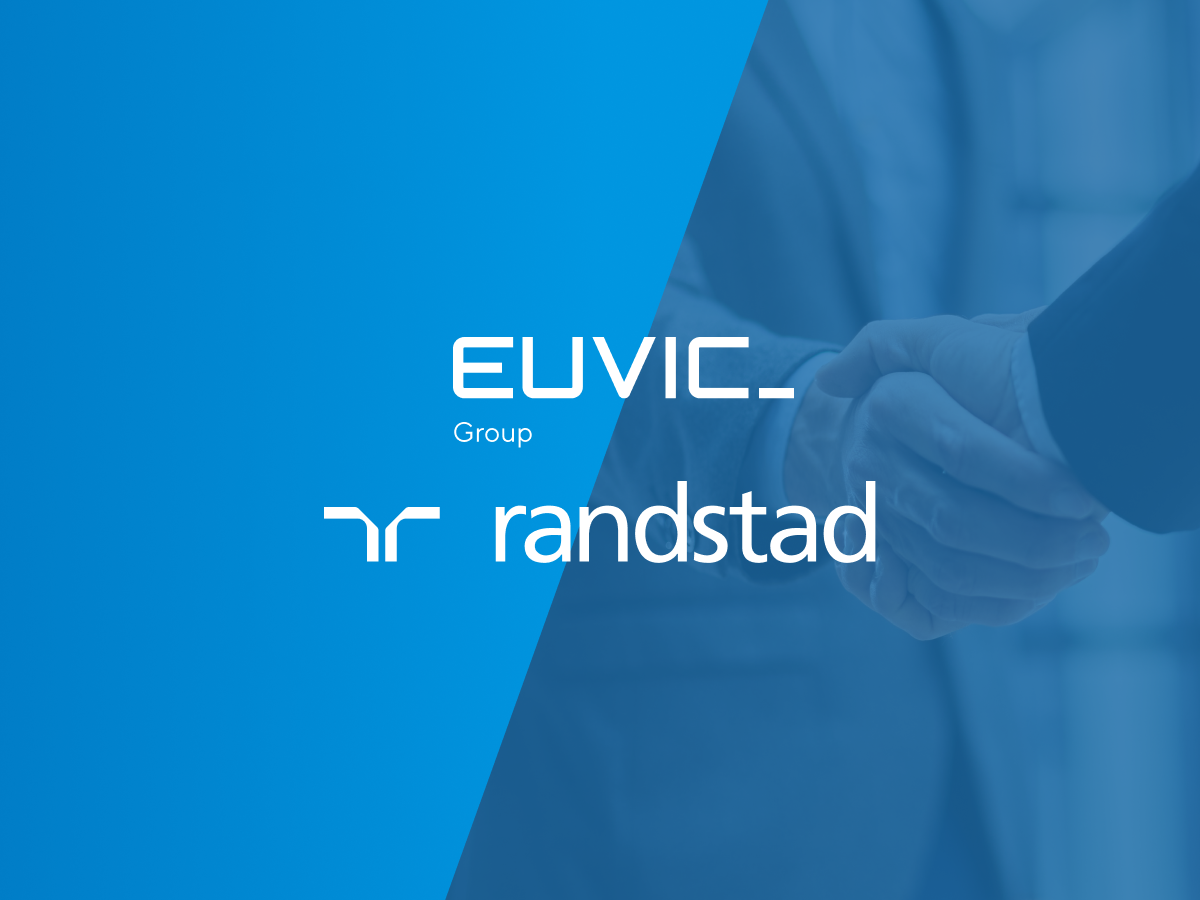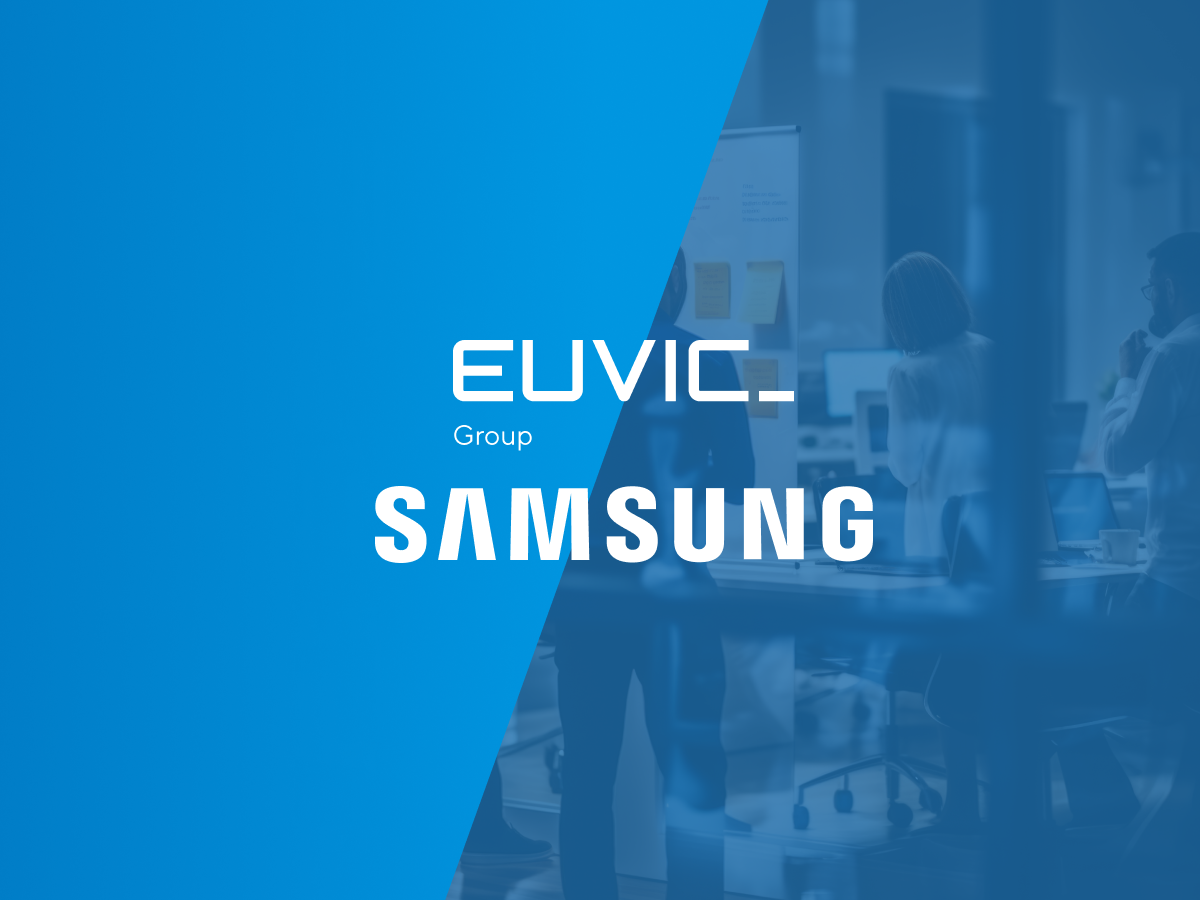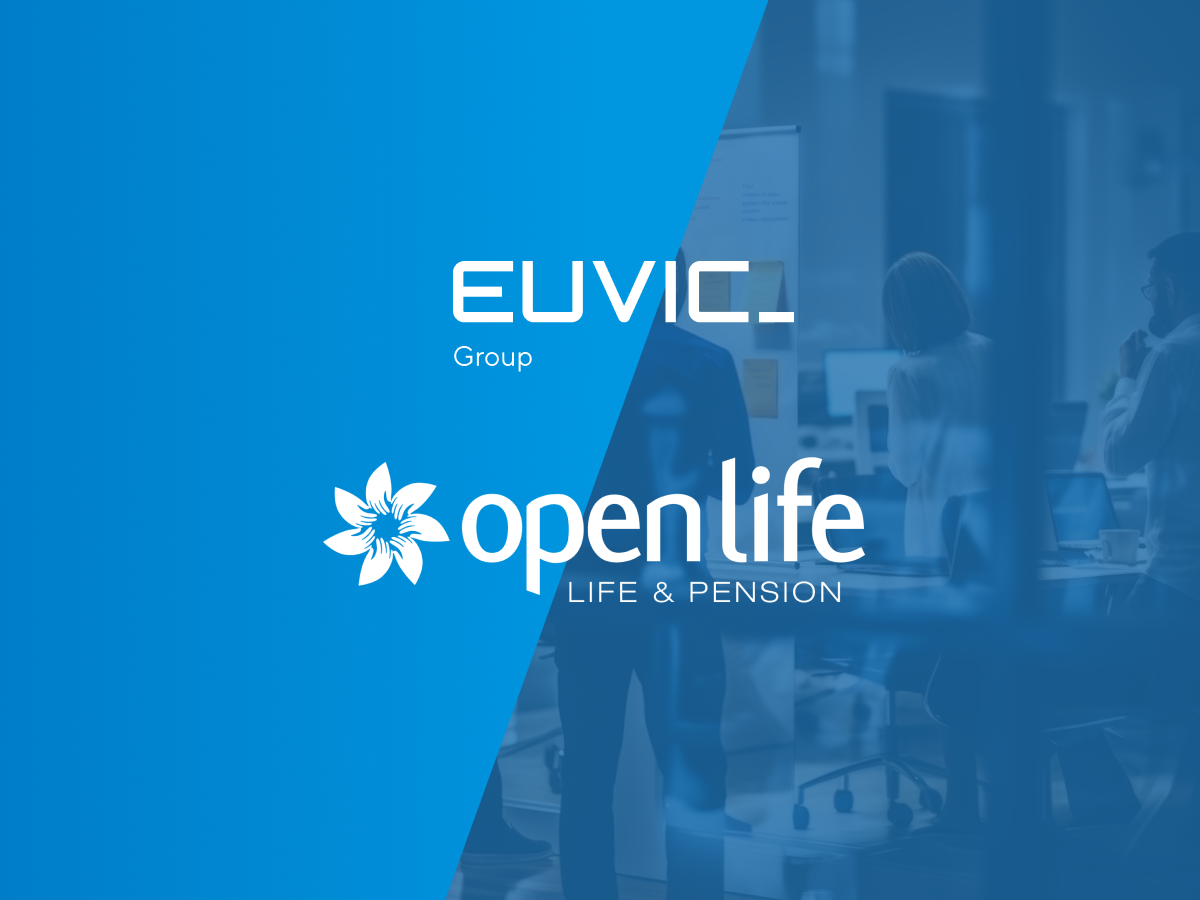Case study: How we helped Lawline expand its reach and grow its online brand
Client_
Lawline is a Swedish law firm operating online. Its mission is to provide legal assistance to individuals and businesses, regardless of location.
The company offers both free legal advice (provided by law students) and paid services (handled by qualified lawyers). Additionally, it prepares essential legal documents such as wills and complaints. All operations are accessible through a dedicated online platform.
Project goal_
The goal of the project was to develop a modern version of the Lawline platform, aligned with current technological and market standards. The main objectives included designing a user-friendly interface, building a robust technical infrastructure, and implementing a backend application with an API and database. An important aspect of the project was also data migration to the new system and managing the platform’s development.
Solution Delivered_
The project was executed in several key stages. It began with an analysis of the platform’s initial state and a joint prioritization process with the client.
Next, the appropriate infrastructure was set up, including a development instance and data migration, enabling smooth development and software testing. After completing the verification phase, the production environment was prepared, and the platform was deployed for use.
The final solution included key modules supporting Lawline’s operations, such as:
- A Q&A module, allowing users to submit legal questions.
- A database of legal questions and answers with an advanced search function, enabling easy access to relevant information.
- A product management and direct contact module, allowing clients to quickly and effectively resolve legal issues with professional assistance.
Solution architecture and key components_
The use of isolated environments, such as development (dev), client testing (stage), and production (prod), serves as a key security measure to minimize the risk of introducing errors and incomplete functionalities into the production environment.
This approach ensures that changes are first tested in environments independent of production, allowing for the detection of bugs and performance issues without affecting real users and their data. Such a division protects the production system from unforeseen consequences of new deployments, ensuring stability, greater control, and the ability to test in realistic conditions before the final release.
Methodology_
The project was executed using the Scrum methodology, which enabled flexible software development management and quick adaptation to evolving client needs.
Sprints lasted two weeks, ensuring the regular delivery of functional increments and allowing for effective progress verification during sprint reviews. Thanks to short, iterative cycles, the team was able to implement improvements and adjust priorities based on continuous feedback.
Technologies used_
- Frontend: React, Next.js, Typescript v4.7.4, SaSS modules with bootstrap, Redux toolkit, next-redux-wrapper & redux-persist, firebase, swagger-typescript-api v10.0.1
- Backend: Golang, PostgreSQL, Postmark, Wagger, Klarna
- DevOps: Google Cloud Platform, Circle CI, Github
Benefits of the solution_
For the Client:
- Expanded audience reach
- Brand growth
- Platform modernization
For the User:
- Publicly accessible database of legal Q&A on everyday issues
- Ability to submit individual legal questions
- Option to schedule consultations with lawyers
Challenges_
One of the primary challenges was integrating the platform with Klarna’s payment system, which involved sensitive financial aspects. The team conducted a thorough analysis of business and technical processes to align them with Klarna’s requirements. By leveraging Klarna Playground, the team gained valuable insights into the payment system’s mechanisms, enabling the development of a tailored solution.
Another key challenge was deploying the new platform version while ensuring stability and minimizing errors. A robust error reporting system allowed the team to swiftly identify and resolve issues, enhancing service quality. Additionally, maintaining the platform’s high ranking in Google search results was crucial. To address this, the team focused on improving SEO by implementing a sitemap and ensuring proper indexing of subpages, preserving high visibility in search engines.
The product has been running in production since April 2022.
Lessons learned_
Effectiveness of Scrum Methodology – Implementing Scrum enabled flexible adaptation to evolving requirements and efficient project management at every stage.
The Role of an Engaged Client – Active client involvement was crucial in aligning the solution with business goals and expectations.
Value of Strategic Discussions – Regular consultations between the client and the project team were essential in defining the optimal development path.
Avoiding Rushed Deployments – A well-paced rollout is critical, as hasty implementations can lead to operational issues that are difficult to resolve later.
Verification of Platform Functionality Factors, Including SEO – External factors like SEO optimization significantly impact the platform’s long-term effectiveness and should not be overlooked.
Leveraging External Expertise – In areas where the team lacked specific knowledge, consulting specialists proved vital in avoiding post-deployment issues.
Summary_
The project focused on developing a new version of the platform for legal consultations and service purchases. Key objectives were successfully achieved, including data migration, creating a scalable infrastructure for platform management and development, and the seamless deployment of the new solution.

